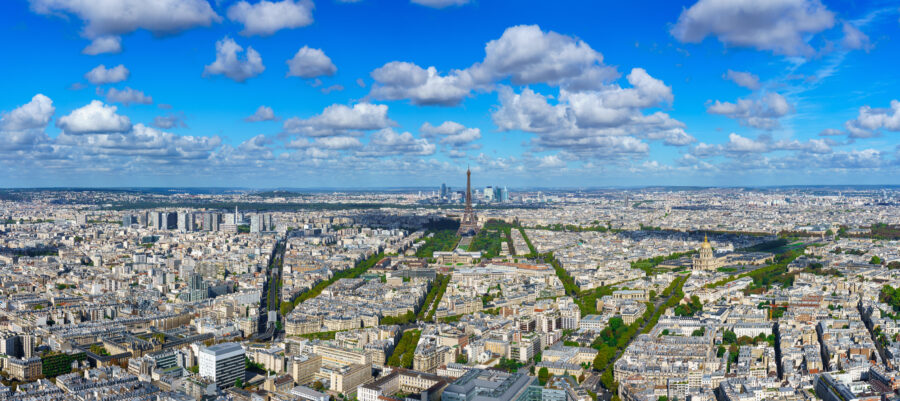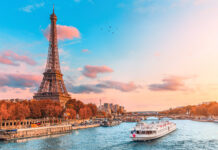
You’ve read about the record-breaking luxury at Hermès, which has been powering through a lingering China-induced slump in the European luxury industry. The secret, according to Ben Cohen in The Wall Street Journal, is artisanship. He writes:
These days, Hermès has soared to a rarefied place in the luxury stratosphere. The business founded in 1837 is a global empire built on leather, silk and cashmere that has become one of the most valuable companies in the world.
Hermès achieved this success by operating unlike the rest of the industry. As conglomerates LVMH and Kering swallow up European brands, Hermès is the rare family-run company that has remained independent. Its signature product is a handbag methodically saddle-stitched by a single person from start to finish. In the age of artificial intelligence, the Dumas family is still betting on artisanship. This strategy of growing through scarcity, not scale, is nothing less than rebellious.
And later, Cohen adds:
By constantly reinventing itself, Hermès has proven remarkably durable. Over the years, the company has survived wars, recessions, pandemics, cars replacing horses and even a battle with a man known as the wolf in cashmere. When LVMH’s billionaire chairman Bernard Arnault disclosed owning a huge stake in Hermès in 2010, which Hermès viewed as a hostile takeover attempt, his company dwarfed its rival. It still did even after their war ended with a truce in 2014. But this year, Hermès’s market capitalization surpassed LVMH’s for the first time, and it was the most valuable company in luxury—a single brand suddenly worth more than a fortress portfolio of 75 brands.
“It was like an eclipse,” Dumas says. “I could not believe it with my eyes.”
Just like an actual eclipse, it didn’t last very long. But the metric Dumas says he cares about most is not strictly financial. The questions that keep him up at night are the philosophical ones.
“Is what we’re producing desirable?” he says. “Is it meaningful?”
Of course, the more desirable a luxury brand is, the more product it sells. But as it sells more products, any luxury brand risks becoming less desirable. To explain how a 188-year-old company has navigated this paradox—how Hermès has remained so defiantly Hermès—Dumas cites another one. “You have to change all the time,” he says, “to remain the same.”
Action Line: The next time I’m in Paris, Your Survival Guy will get a pulse reading on the health of the luxury market to see whether it has recovered or needs resuscitation. Have you been to Paris, Tokyo, New York, Dubai, Milan, or Hong Kong lately? Did you notice any of the luxury shops and how busy they were? If so, email me at ejsmith@yoursurvivalguy.com. I want to hear what you saw. And click here to subscribe to my free monthly Survive & Thrive letter.



